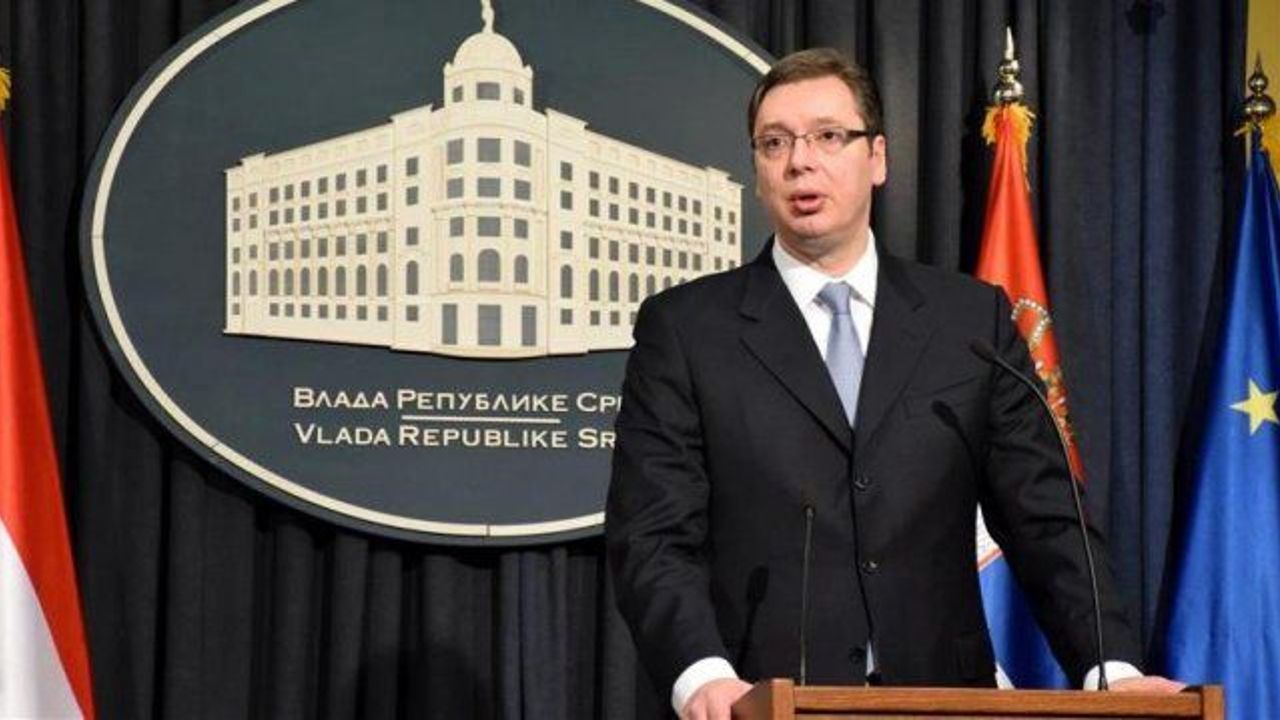Serbian PM opposes 'Greater Serbia'
Serbian Prime Minister Aleksandar Vucic has said that he will strongly oppose any ‘Greater Serbia’ policies, because they had pushed the country into isolation.

Vucic's remarks came during a news conference on Friday, called after a special government session to discuss this week’s verdict in a war crimes case against Serbian Radical Party leader Vojislav Seselj.
The Serbian premier also described his country as being at “a political, economic and moral crossroads".
Vucic said that the idea of a ‘Greater Serbia’ was not a policy for the future and not the policy of the current Serbian government.
Serbian nationalists, including Seselj’s Radical Party, continue to call for more Balkan territory to be absorbed into Serbia.
However, Vucic also criticized the International Criminal Tribunal for the former Yugoslavia (ICTY) in The Hague, claiming it had failed to achieve its fundamental goals, above all that of working towards reconciliation in the region.
Vucic called on all citizens to be committed to a policy of peace.
Serbian Radical Party leader Vojislav Seselj was acquitted of a series of charges at the ICTY on Thursday.
The 61-year-old Serbian nationalist and former deputy prime minister had faced three counts of crimes against humanity and six counts of violations of the laws or customs of war.
A former ally of Serb leader Slobodan Milosevic, Seselj, in addition to individual responsibility, was charged with having committed joint crimes namely the forcible removal of Croats, Muslims and other non-Serb population from parts of Croatia, Bosnia-Herzegovina and the Vojvodina region of Serbia.
This was the first-instance judgment against Seselj, four years after the end of his trial.
During the case, more than 89 witnesses testified about crimes such as the murder of Muslims and Croats and the destruction of private property and mosques across Bosnia.
Anadolu Agency







